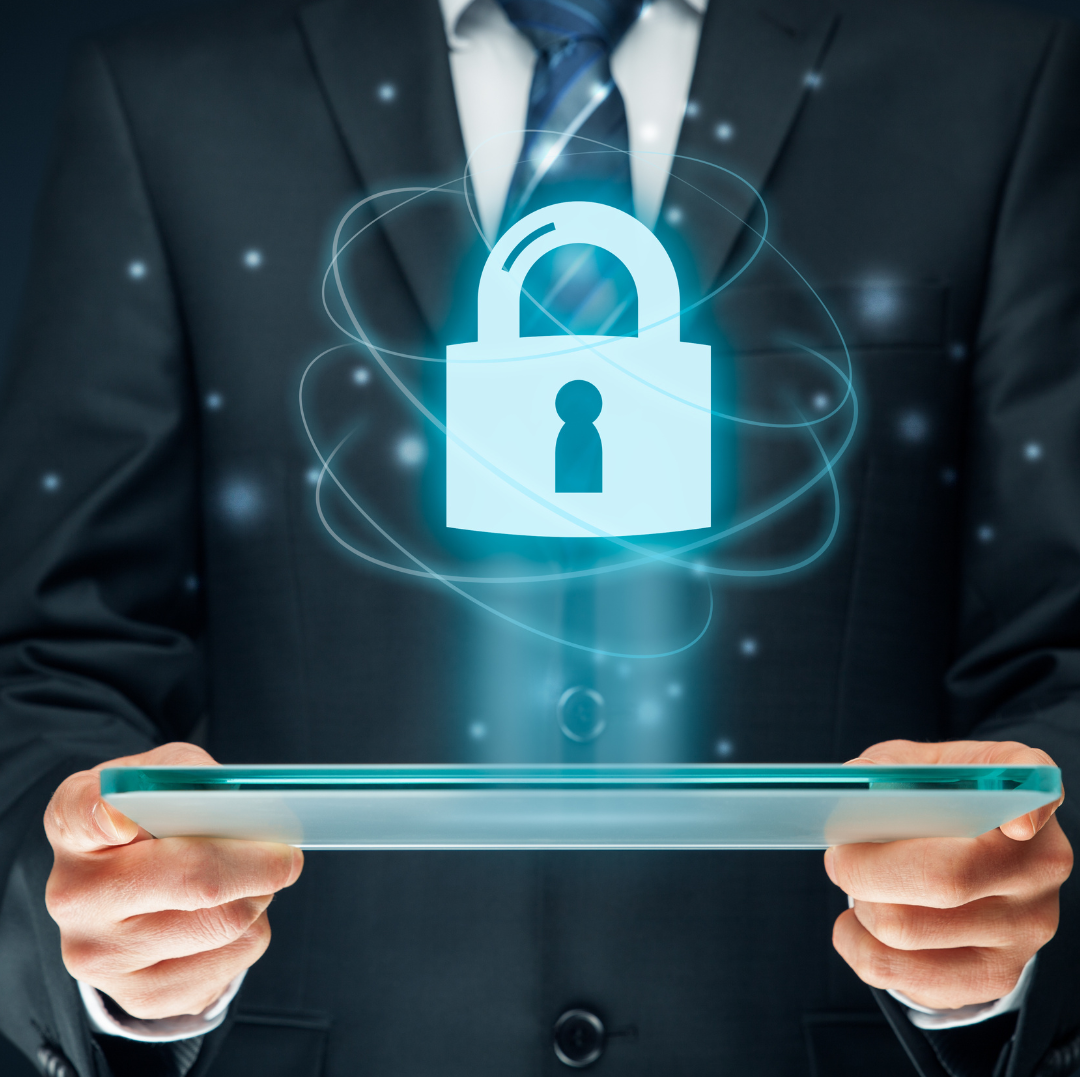Why Is It Important To Have Cyber Insurance?
Most companies have general liability insurance and workers’ compensation insurance policies in place. Many small business owners today, though, neglect to purchase cyber insurance. Despite the fact that 68 percent of business leaders feel their cybersecurity risks are increasing, only…

Most companies have general liability insurance and workers’ compensation insurance policies in place. Many small business owners today, though, neglect to purchase cyber insurance. Despite the fact that 68 percent of business leaders feel their cybersecurity risks are increasing, only 17% of small businesses have some form of cyber insurance.
Cyber attacks are one of the most prominent threats to small businesses today, especially those who do any form of business digitally. A cyber attack or ransomware attack can completely uproot your business and undo all of your hard work, so it’s more important than ever to preemptively protect your business, assets, and customers’ data.
There are a number of benefits to purchasing cyber insurance for your small business. Not only will you feel more secure, but your data, operations, and hard work will also be protected in the event of cybercrime. Here are the reasons every business needs to purchase cyber liability insurance.
Cyber attacks can happen to any business
Any business can be the target of cyber attacks and data breaches, so it’s important to ensure you’re protected even if you think your operations are as secure as they can be. Cybercriminals target companies in every industry, whether you specialize in content marketing, healthcare, education, or retail.
Even companies with thorough cyber security systems in place can become the victim of a cyber attack or ransomware. In fact, cyber crime is significantly more common than you may have expected, and small businesses are often the unfortunate targets. Shockingly, 63% of small business admitted being a victim to cyber crime in 2018. The National Cyber Security Alliance found that 60% of those businesses who fall victim to cyber crimes go out of business within just 6 months.
Having cyber insurance and a strong cyber defense strategy in place helps ensure that if you do ever find yourself or your business as the victim of a cyber attack, you’ll be prepared and have the professional support you need to recover. When your business is supported by a strong cyber insurance policy, a ransomware attack or cyber attack does not have to mean the end of your business altogether.
Recovering from cybercrime is pricy
If your business is the victim of a cybercrime or data breach and you don’t have cyber insurance in place, you could find yourself paying hundreds of thousands of dollars out of your pocket. On average, it takes a business $2 million to recover from a ransomware attack. Even worse, a malware attack costs businesses $2.5 million in order to recover fully.
Cyber insurance typically covers most of the costs associated with recovering from a cybercrime or ransomware attack. Cyber insurance usually pays for data loss, data recovery, and cyber extortion, along with helping cover the overall loss of revenue associated with the breach. Your policy will also cover the cost of the loss of any physical devices, such as stolen phones, computers, or other devices.
Cyber insurance can also help your business notify customers of a data breach and may even assist with managing your company’s public relations outreach as you recover.
RELATED
Start The New Year Off The Right Way
It’s our job at Barricade Cyber Solutions to make sure that your data is safe at all times – and…
Recover Your Data And Your Trust
While it’s true that cyberattacks are stressful, it’s very likely that you won’t be aware of the attack until after…
Did You Fall Victim to a Cyber Attack Over the Holidays?
If your business fell victim to a cyberattack over the holidays, you are far from alone. Unfortunately, the holidays are…



